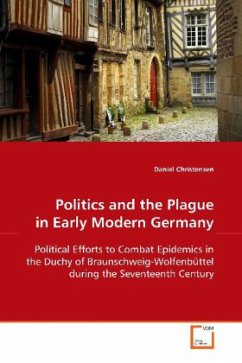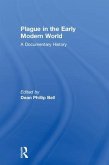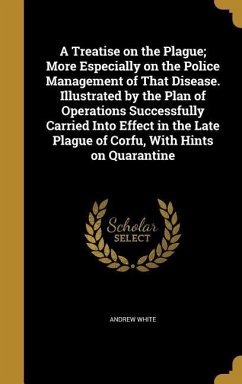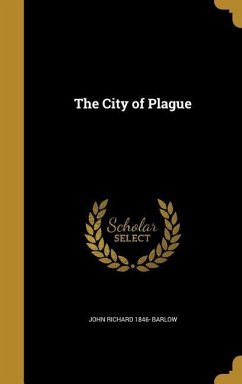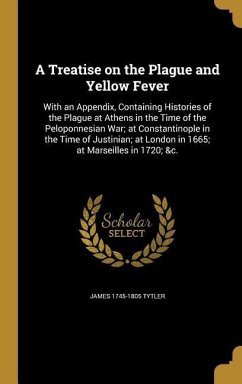People think of medieval medicine as primitive and
non-academic, and assume modern medicine to
be drastically different in state-led public health
efforts,
in tandem with academic medical theory. But what
about the period between the medieval and the
modern? The author, using archival evidence
from 1580 to 1720 in the Duchy of Braunschweig-
Wolfenbüttel, an important north German territory,
sheds new light on the early modern period in the
German lands. He demonstrates the premodern nature
of the seventeenth century, as the budding state
valiantly tried to limit the economic and political
devastation that epidemics brought, as the central
government needed the
cooperation of local authorities with their own
agendas, and the cooperation of existing
ecclesiastical institutions, in order to
accomplish anything. The plague, a catch-all term
with a definite Christian meaning, ruined economies,
thwarted centralization efforts, and hindered
cameralist intentions. With this study the author
provides a valuable addition to our growing
knowledge of early modern Germany.
non-academic, and assume modern medicine to
be drastically different in state-led public health
efforts,
in tandem with academic medical theory. But what
about the period between the medieval and the
modern? The author, using archival evidence
from 1580 to 1720 in the Duchy of Braunschweig-
Wolfenbüttel, an important north German territory,
sheds new light on the early modern period in the
German lands. He demonstrates the premodern nature
of the seventeenth century, as the budding state
valiantly tried to limit the economic and political
devastation that epidemics brought, as the central
government needed the
cooperation of local authorities with their own
agendas, and the cooperation of existing
ecclesiastical institutions, in order to
accomplish anything. The plague, a catch-all term
with a definite Christian meaning, ruined economies,
thwarted centralization efforts, and hindered
cameralist intentions. With this study the author
provides a valuable addition to our growing
knowledge of early modern Germany.

